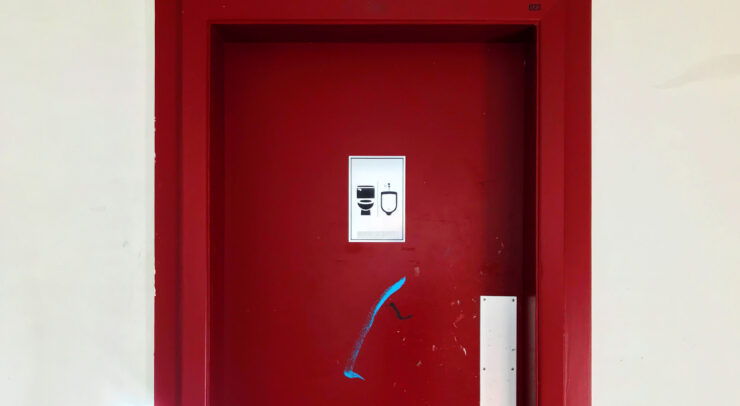The Interdisciplinary Centre for Black Health launched on Oct. 21
On Oct. 21, a webinar was held to launch the Interdisciplinary Centre for Black Health (ICBH) at the University of Ottawa. This launch signifies a big step in the breaking down of barriers to equity for the diverse Black communities across Canada.
“The ICBH is the first Canadian research centre entirely dedicated to studying Black health in Canada — the biological, social, cultural and economic determinants of Black health,” said Dr. Jude Mary Cénat.
Dr. Cénat, an assistant professor in the clinical psychology program at the U of O, spearheaded the efforts to establish the ICBH.
“The idea for the centre is from a study I participated in on Black mental health that was funded by the Public Health Agency of Canada,” shared Dr. Cénat. “In that project, we found that there was a very strong link between mental and physical health. I spoke about addressing these issues in the Black community with the dean of the faculty of social sciences, Victoria Barham. Under her leadership, I started the consultation process to build a research team.”
Historically, Black Canadians have lagged behind their white counterparts in terms of receiving quality healthcare due to a range of complex factors best summarized as systemic racism. This racism manifests in factors such as lower earning power and access to medical resources, conscious and subconscious biases of health practitioners to their Black patients, the scarcity of Black health practitioners, and the well-documented intergenerational effects of racial trauma on the physical and mental health of Black people.
By the time of the webinar launch, the ICBH had taken shape, the centre will feature researchers from five different faculties of the University of Ottawa, five research institutes from hospitals affiliated with the University, and five research chairs.
Each of these experts will be heading a specific research axis in Black health. These five research axes make up the ICBH: prevention and management of chronic disease, infectious diseases, mental health and substance use, population and public health, child and adolescent health.
The webinar began with an address by the president and vice chancellor of the University of Ottawa, Jacques Frémont. He emphasized the University’s commitment to improving the BIPOC experience on campus, citing efforts to hire faculty members and mental health practitioners of colour.
This was followed by an address by Dr. Jude Mary Cénat, where he outlined the ICBH main objectives and staff composition. He emphasized the Centre’s intersectional approach to the study of Black health, taking into account the range of risk factors Black communities face.
“The Centre also has a collegial leadership structure that allows us to ground ourselves in the community. What I mean by that is that, at the Centre, we do not want to work for the
Black community, we want to work with the Black community.”
Candice St-Aubin, the vice president of the Public Health Agency of Canada (PHAC), gave a short address to those in attendance of the webinar in which she highlighted the importance of community-led initiatives in tackling health equity disparities. She referenced the Mental Health of Black Canadians Fund, an initiative where the PHAC partners with community-based organizations to implement culturally focused programs addressing Black mental health.
St-Aubin also touched upon the fact that Black communities in Canada have disproportionately high COVID-19 infection rates, saying; “This is not simply a matter of biological differences,” and going on to attribute the differences to factors such as the overrepresentation of Black Canadians in frontline workers, and the likelihood of employment conditions without paid sick leave.
Greg Fergus, a Black Liberal Member of Parliament, made a short address in which he warned the members of the ICBH of the difficult road ahead.
“If you think setting up this Centre was hard, continuing its efforts will be even tougher. The main challenge is to actually capture what is going on, to capture the disaggregated data. When you are facing unconscious bias, people think the systems they set up are fair. But when you look at the data and see the disparities, you have to ask yourself ‘Were we being as fair as we could be?’ Have the courage to continue digging, continue looking into these issues.”
Courage is not the only thing that will sustain the ICBH. In an interview with Dr. Cénat, he mentioned the vital need for continuous funding for the Centre. He mentioned an upcoming project that is still in its negotiation process that will deal with the effects of COVID-19 in Black communities in Canada.
“We have what we want now,” he said. “But we will eventually need more.”





